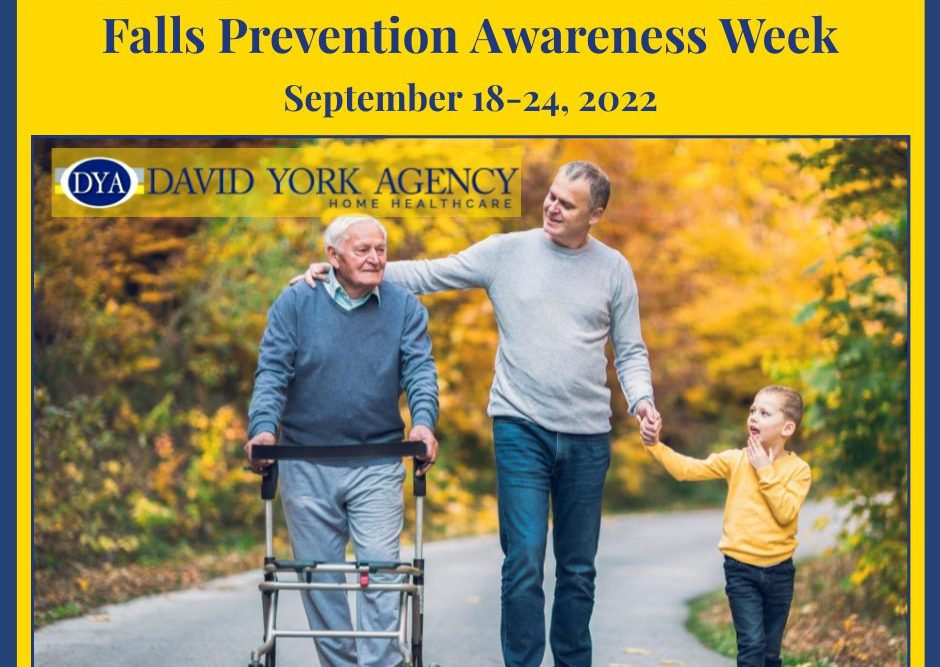Elderly falls is serious business. Professionals dealing with the geriatric population are well aware of this. I have written newsletters about this in the past, but during this year’s Falls Prevention Awareness Week, I feel it is worthwhile to present the data and review the recommendations for falls prevention again. That is the subject of this Newsletter Blog Digest.
How many times have you heard someone say their father or mother was fine before he or she fell? In essence, for many older adults, an unexpected fall can touch off a series of events that end in serious or fatal complications. Unfortunately, it can lead to extended hospital stays and disabling conditions that make living independently more of a challenge. As such, elderly fall prevention is critical.
As we age, we begin to lose our balance. Understandably, the elderly are terribly afraid of falling due to their unsteadiness. Consequently, they tend to view themselves as fragile. Sadly, this is one of the underlying reasons they avoid commonplace activities like walking, shopping and even socializing. Their physical reality combined with their fears often exacerbates their feelings of isolation and depression, feelings all too common in this group.
There are alternatives for falls prevention.
There are many things you can do to prevent falls and help your elderly loved one live a full and happy life, free of the fear of falling.
We have compiled a handy checklist on how to prevent elderly falls that you might like.
Feel free to review our newsletter posts and check out our company guide ELDERPROOFING YOUR HOME CHECKLIST – FREE DOWNLOAD.
I am sure you will find it quite useful.
Always here to help,
![]()
Anita Kamiel, R.N., M.P.S.
Director of Patient Services







